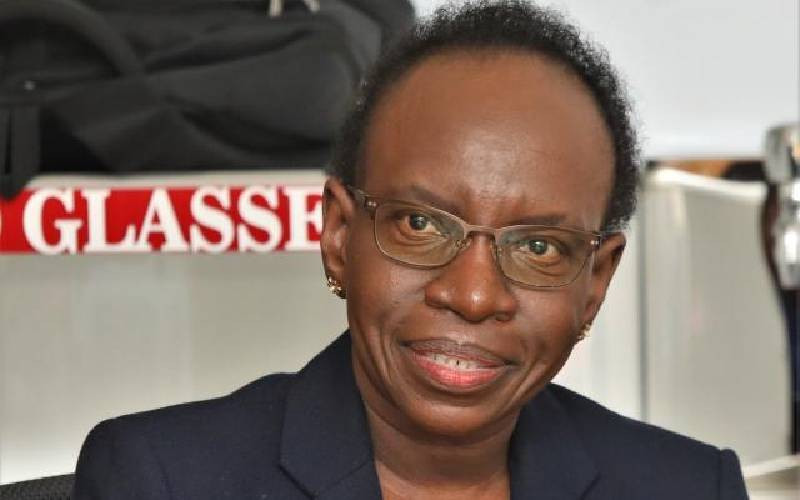×
The Standard e-Paper
Join Thousands Daily

A petitioner has claimed that the office of the Auditor General failed to report fraud involving former President Uhuru Kenyatta's fuel subsidy programme.
Fraud examiner Bernard Muchere argues that a special audit by Nancy Gathungu team "avoided addressing the real issues on the oil price stabilisation contained in the Recurrent Supplementary Expenditure Estimates I&II of the financial years 2021/2022 and 2022/2023 in the Ministry of Petroleum and Mining."